Why lack of fans has led to a crowded Premier League
The psychology behind the topsy-turvy season in the English Premier League.
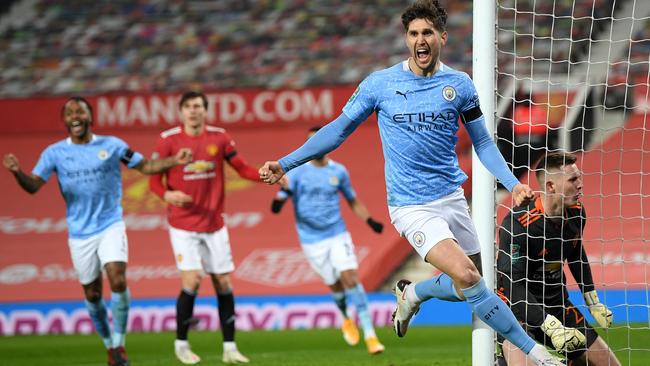
More than 10 years ago I spent an hour in the company of Steve Bruce when he was the Sunderland manager. It was close to the most entertaining hour of my working life. Bruce didn’t try to hide his humanity or take himself too seriously and, best of all, he is a natural storyteller.
I asked him about the best Manchester United team he was part of. Quick as a flash, he listed the players: Schmeichel, Parker, Pallister, himself, Irwin, Kanchelskis, Keane, Ince, Giggs, Cantona, Hughes. The Double-winning team of 1993-94. Allowed only three teammates to join him for ever on a desert island, he said that he would take Pallister, Keane and Cantona. He worried though that Pallister would find a palm tree, lie under it and do nothing.
Somewhere during the hour we got talking about his three football novels, written during the dark months that followed his sacking by Huddersfield Town in 2000. The books, he said, were crap. Total nonsense. One day he turned on the radio and heard two men eviscerate the novels. He was chuffed. “I thought, ‘Not many former football managers get to have their novels trashed on national radio.’ ”
Ten days ago, Bruce said he thought it was morally wrong for the Premier League to continue when it meant putting players and support staff at risk. “I understand people want to see a game of football but we are just as vulnerable as everybody else,” said the Newcastle United manager, whose club have been badly affected by the virus with Jamaal Lascelles and Allan Saint-Maximin hit hard by it.
“The speed with which it hit our club was quite incredible,” Bruce said. “It rips through you. It’s difficult to contain and stop and it leaves people sick.”
I hoped the calls for a break in play wouldn’t lead to one. The risk that football clubs are dealing with is the same for all professional sports still playing, and there are plenty. When so much else has been taken away from the public, televised sport has assumed an exaggerated importance. However soulless the game is in empty stadiums, it is better than nothing.
Last week Bernard Laporte, president of the French rugby union, insisted that his country would be playing in this season’s Six Nations Championship. That assurance followed on from a suggestion that the French government might not allow its team to play against England, Ireland, Scotland and Wales. The Women’s and Under-20 Six Nations have already been postponed.
Laporte admitted that France and the other countries need the money generated by the Six Nations and we, the sports fans, crave the semblance of normality that comes with doing the things we’ve always done. Three weeks from now England play Scotland at Twickenham, the following day Wales host Ireland in Cardiff. These are games to look forward to.
Let us not kid ourselves though. Without crowds, it is different and not the real thing. An empty stadium confers no home advantage, no sense of occasion and a stranger dropping in from Mars would presume these were low-intensity training games.
There is, though, a common theme and it was apparent in Tottenham Hotspur’s match against Fulham last week. The gap between the big clubs and those with fewer resources is lessened when the stadium is empty. Burnley are now a poor side, alarmingly short on pace and attacking threat. Yet on a night when victory would put them top of the Premier League, Manchester United struggled to beat them. It’s hard to imagine United winning the league with fullbacks of Aaron Wan-Bissaka and Luke Shaw’s quality, but they could.
In the same way Manchester City limped to victory against Brighton & Hove Albion in the empty Etihad Stadium. Through the final 20 minutes, Brighton were the better side. There is a belief that City can keep winning. That before the end of this campaign, it is they and not their Manchester neighbours who will pose the biggest threat to Liverpool.
I am sceptical. Gabriel Jesus hasn’t developed in the way one hoped he might, and is unlikely to do so. For all his class and moments of brilliance, Riyad Mahrez flits in and out of games, like the expensive accessory that he has become. It’s worth mentioning, too, that Pep Guardiola opted to leave Raheem Sterling out of the team for Wednesday’s game. He’s not been going well this season.
John Stones is one City player who has performed better in empty stadiums, which may, in part, explain the difficulties of the past.
Nor was there much between Arsenal and Crystal Palace. Arsenal remain a long way off where they aspire to be. A so-called big team have a problem when 70 per cent of the team’s attacking threat disappears because the left back has a calf injury.
The sense I’ve had is that without crowds there has been a levelling down of standards. Smaller teams perform well in these new circumstances, the bigger teams are struggling. Karl Morris, a sports psychologist and a United fan, says we shouldn’t be surprised.
“Think of the average club golfer,” he says. “Playing on his own, he walks to the 1st tee and with no one looking he drills his drive straight down the middle. If half the club were out watching, he would feel very different about it because there’s an anxiety that comes from that.
“There are very few players at the highest level who play better the more pressure you put on them. The ones who do become the best because they can feed off the energy from the crowd. Lesser players are freed up by the absence of a crowd.”
To finish the weekend matches Tottenham travel warily to Sheffield United, Palace go to City with more hope than normal and as for United at Anfield, goodness knows what will happen. Me? I’m just pleased it is happening.
The Sunday Times


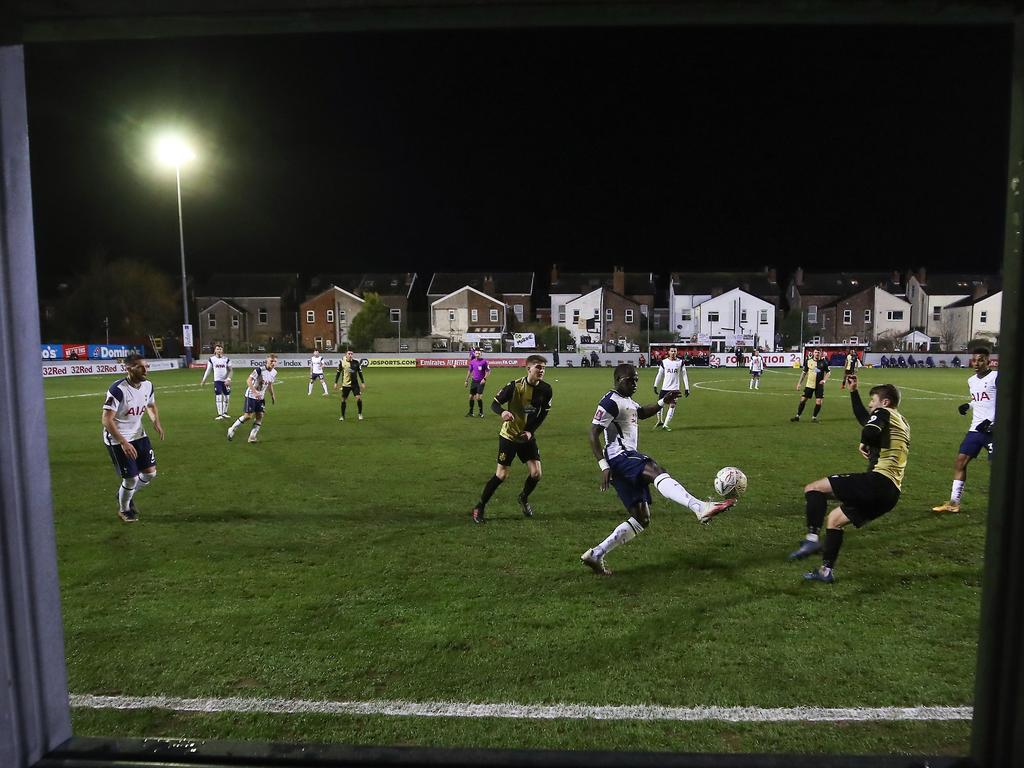
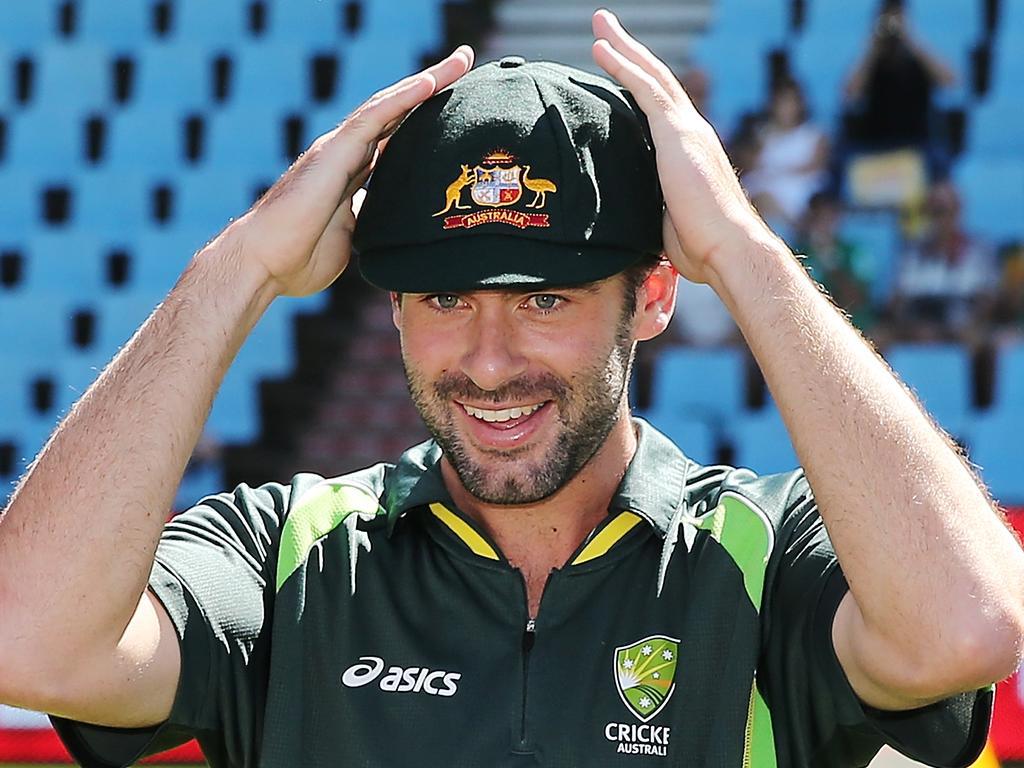
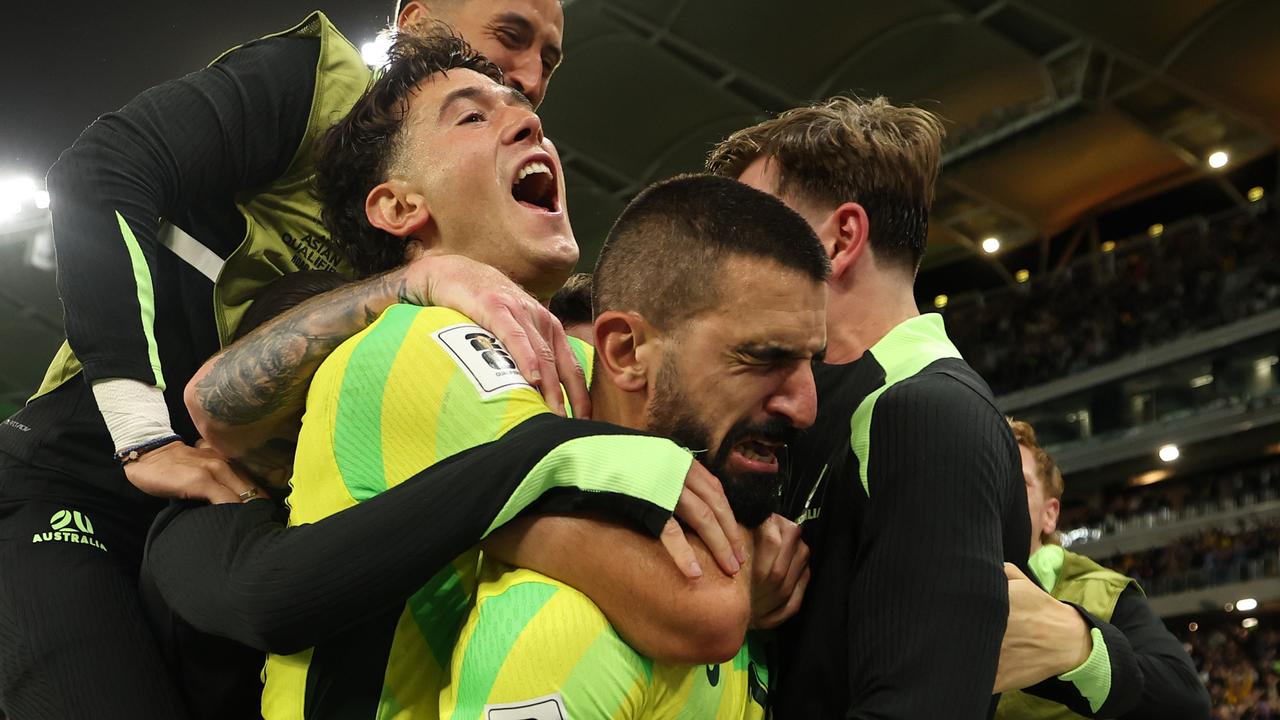
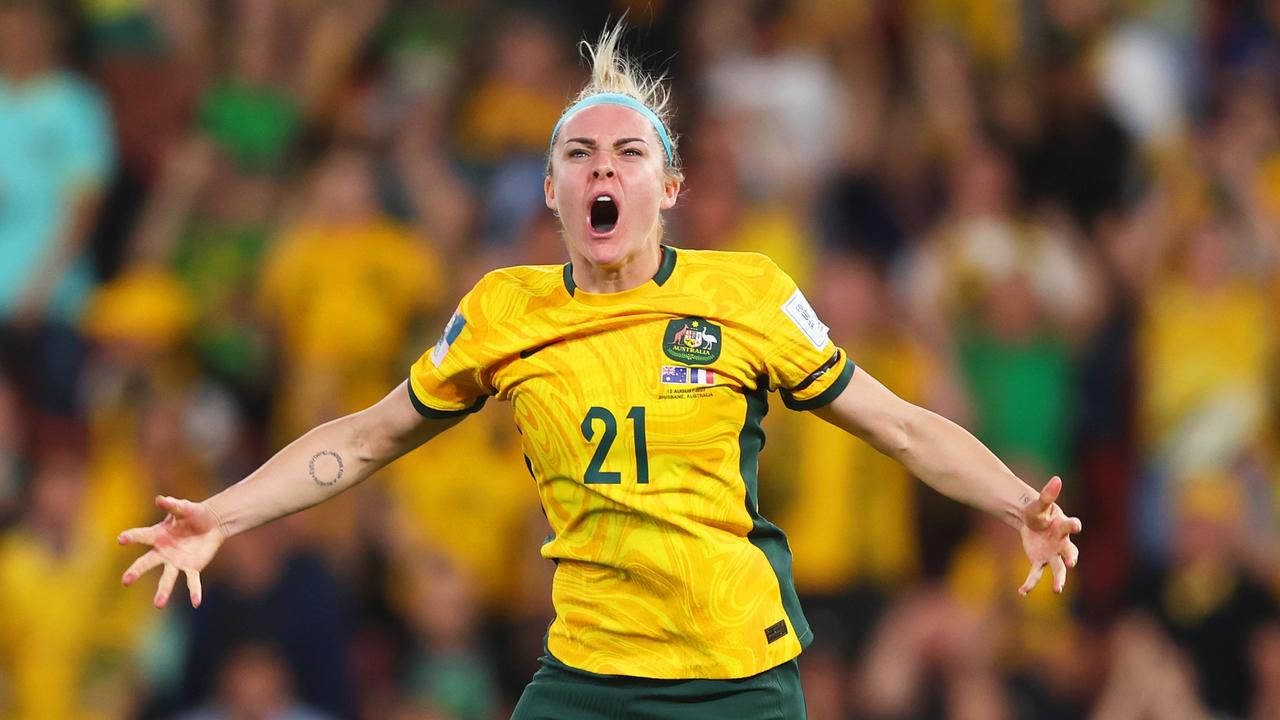
To join the conversation, please log in. Don't have an account? Register
Join the conversation, you are commenting as Logout